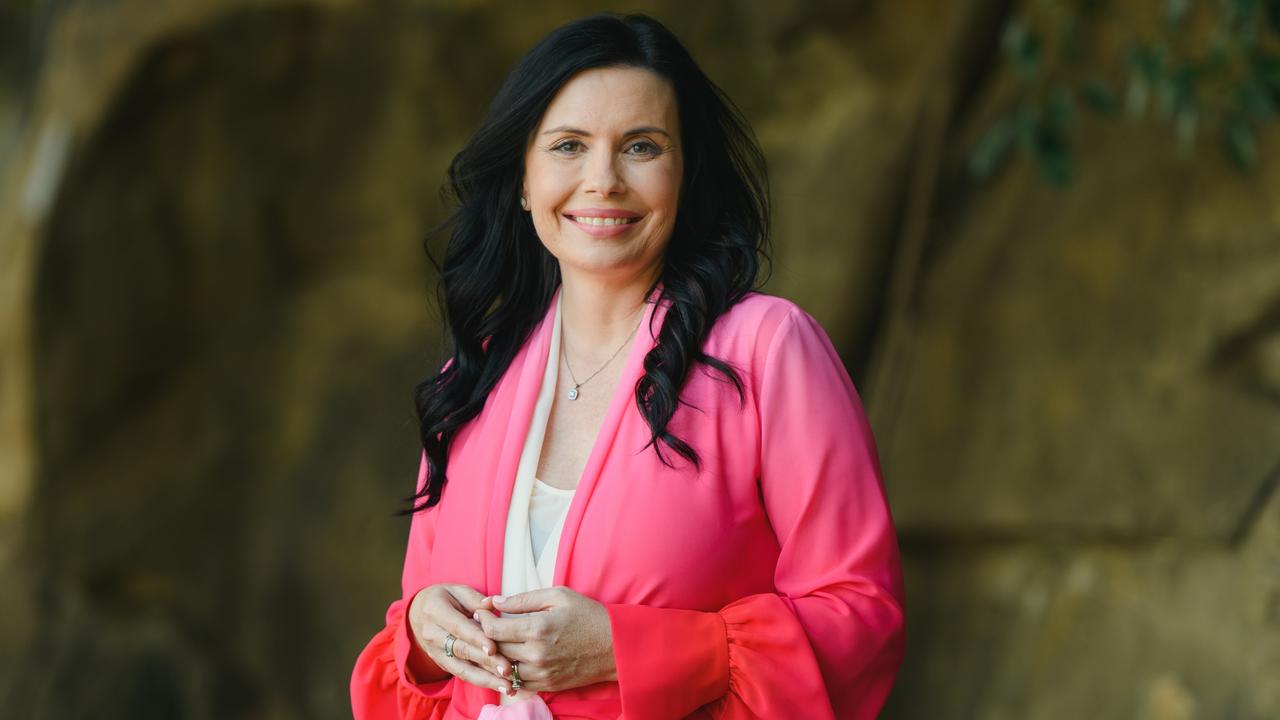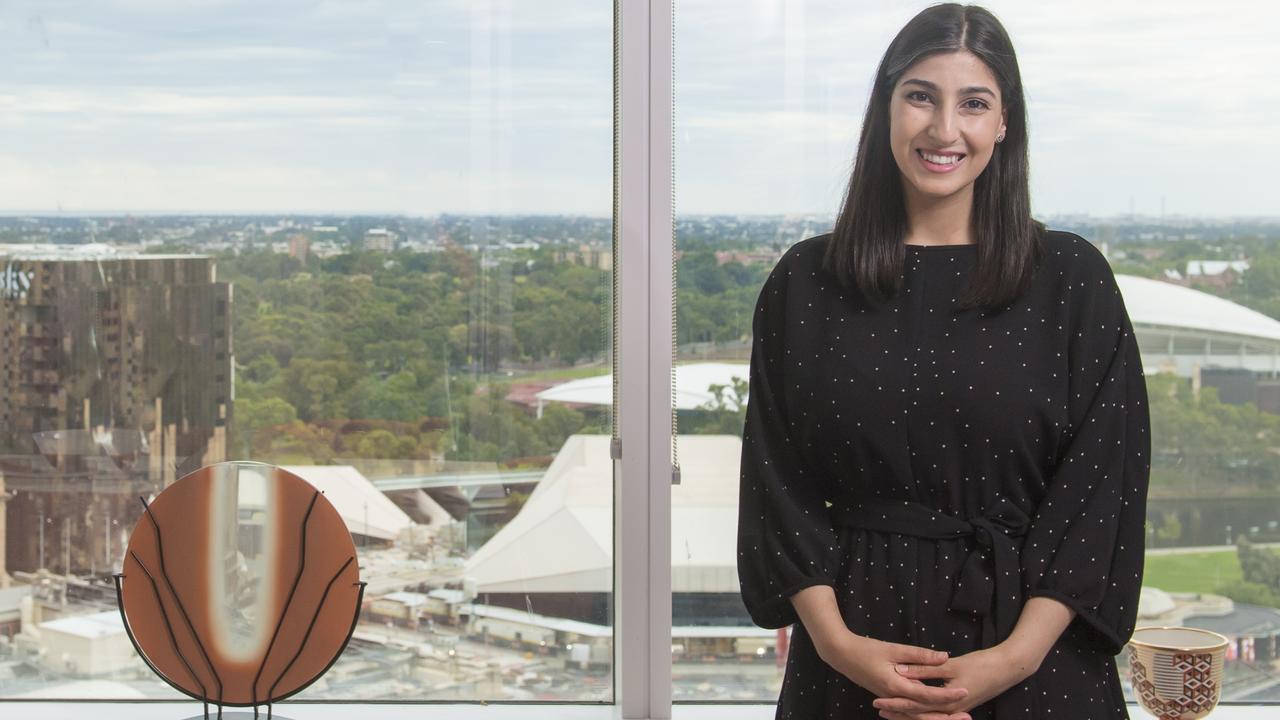Inheritances: when and how to start talking about your assets
Trillions of dollars of assets will be passed down to children and grandchildren in the coming years, so how do parents start the discussion?
A massive transfer of intergenerational wealth among Australians is looming but is not often talked about in the households that will give and receive it.
Ahead of an estimated $3.5 trillion of assets being handed over by parents and grandparents over the next two decades, parents are being urged to prioritise talking about who gets what.
Author and financial educator Vanessa Stoykov says it can be confronting to talk about such emotional and personal subjects, but it can bring families together and provide clear directions that help avoid future arguments over grey areas.
“You need to do it well before it is too late,” she says.
“Often families only start serious financial discussions when parents have fallen ill.”
New research commissioned by Stoykov found 43 per cent of Australians are yet to have proactive conversations with their loved ones about inheritances, despite 74 per cent saying these discussions are necessary.
UNCERTAIN APPROACH
It found 74 per cent believe it is up to the person leaving an inheritance to have the family conversation when they choose, and 20 per cent are not sure how to approach the subject.
Stoykov says in some cases parents may never feel they should be talking about money.
Her new book, The Five Conversations About Money That Will Radically Change Your Life, says: “It starts with being courageous and having confronting conversations you’ve probably been avoiding — with your partner, parents, siblings, kids, and especially yourself”.
Coote Family Lawyers head of estate planning Suzanne Jones says parents should be the ones to initiate inheritance discussions with their adult children, explaining what their will does and how their estate will be divided “if they are comfortable disclosing this information”.

“In some circumstances parents may not wish to disclose exactly how they have divided their estate, but they should at least tell their children who has been appointed as executors and where their original documents are held,” she says.
“It’s important for blended families to be open about their wills, especially when there are partners and half-siblings involved in the family dynamic.
“It can be confronting for children to realise a parent’s partner received a portion of the estate. This can be a difficult situation to navigate, so it’s best to be open and honest from the outset.”
Alison Stanbridge, financial adviser and associate director at dmca advisory, says she believes parents should begin discussing estate planning with children in their late teens.
“A lot of families are already starting to have discussions about first jobs and starting to be independent around this time,” she says.
AVOID ARGUMENTS
“At this early stage you don’t necessarily need to talk about the financial position of the family, but a general discussion on the distribution of assets or heirlooms in advance invites communication upfront, helping to avoid arguments later.”
Stanbridge says disputes can arise around dividing assets. “One beneficiary may feel they’re entitled to something someone else received, often due to being emotionally tied to an asset or person,” she says.
NDA Law senior associate Lisa Christo says there is no right or wrong way to start an inheritance discussion, which should be considered when parents think their children are mature enough to understand their wishes.
“Remember that parents and kids are going to have different perspectives on money and the future,” she says.
“If there is particular concern or difficulty, consider having a family meeting with your estate planning lawyer who will do most of the heavy lifting in navigating the discussion, and can act as an independent voice among differing perspectives.”

Christo says the discussion should cover who is expected to act as executor, where the assets are to go, specific gifts or wishes, funeral details, and the process to follow when a parent passes away.
“The discussions should never be an opportunity to berate a family member for their conduct,” she says.
“Inheritance discussions do not have to be scary. If approached correctly they can demonstrate a parent’s willingness to be fair and transparent. It also gives adult children a safe opportunity to ask questions.”
STARTING AN INHERITANCE CONVERSATION
• Be prepared, and be clear on your thoughts before saying anything.
• Organise a family meeting in advance, making sure nobody is left out.
• Set an agenda, with key points, and ask for comments at the end.
• Don’t expect one discussion to fix it all.
Source: Vanessa Stoykov
More Coverage
Originally published as Inheritances: when and how to start talking about your assets





